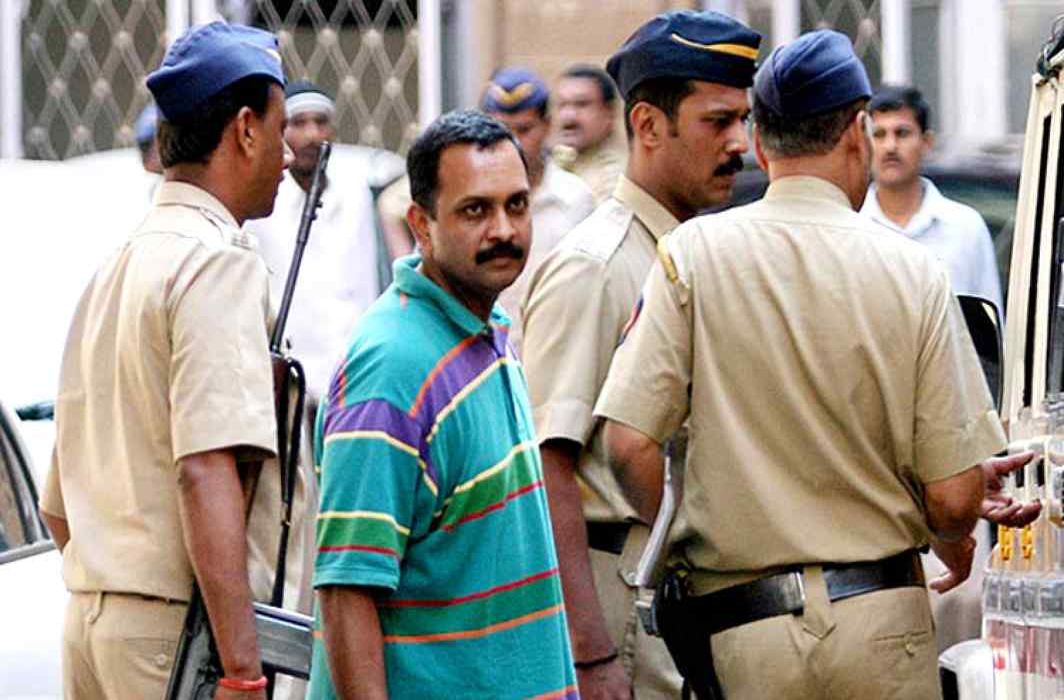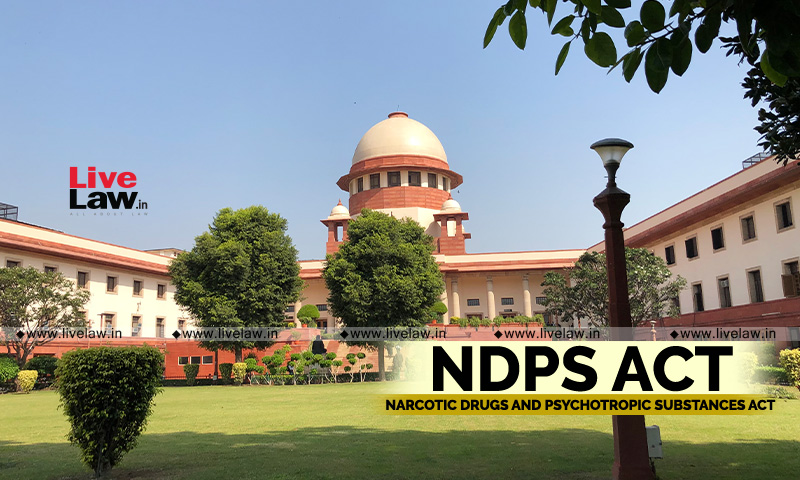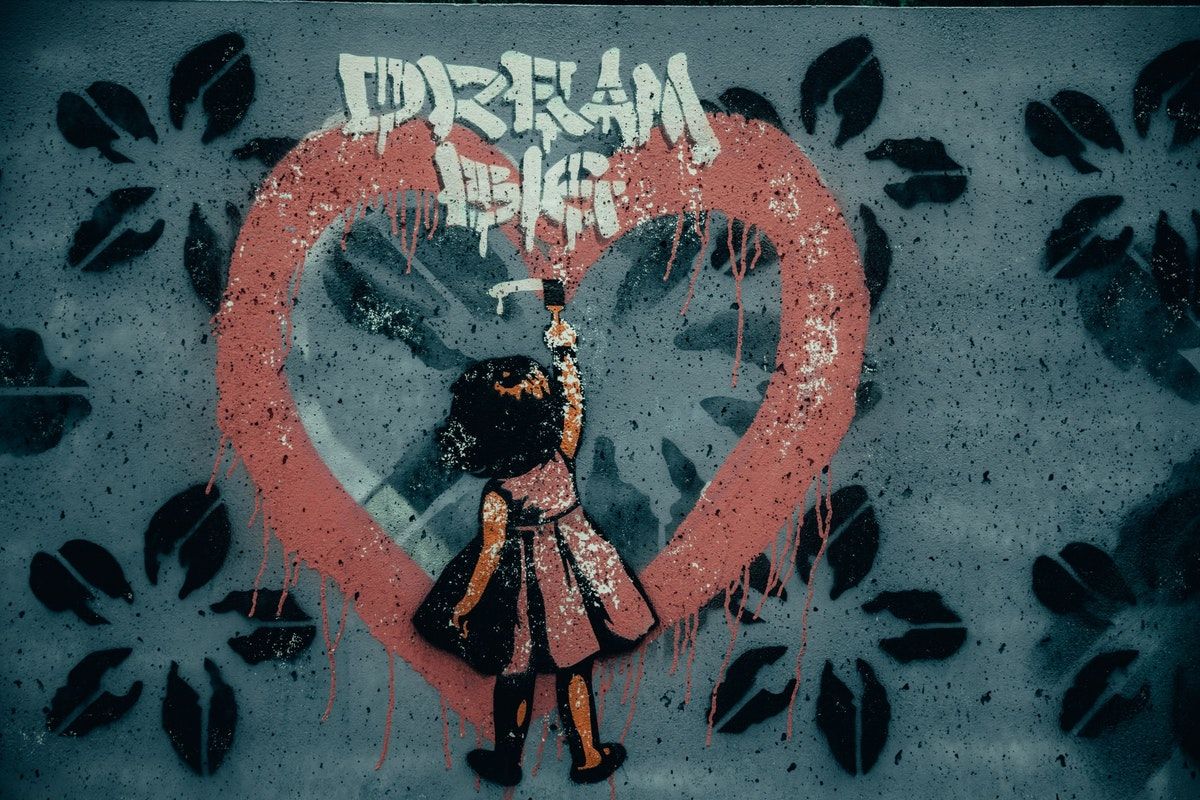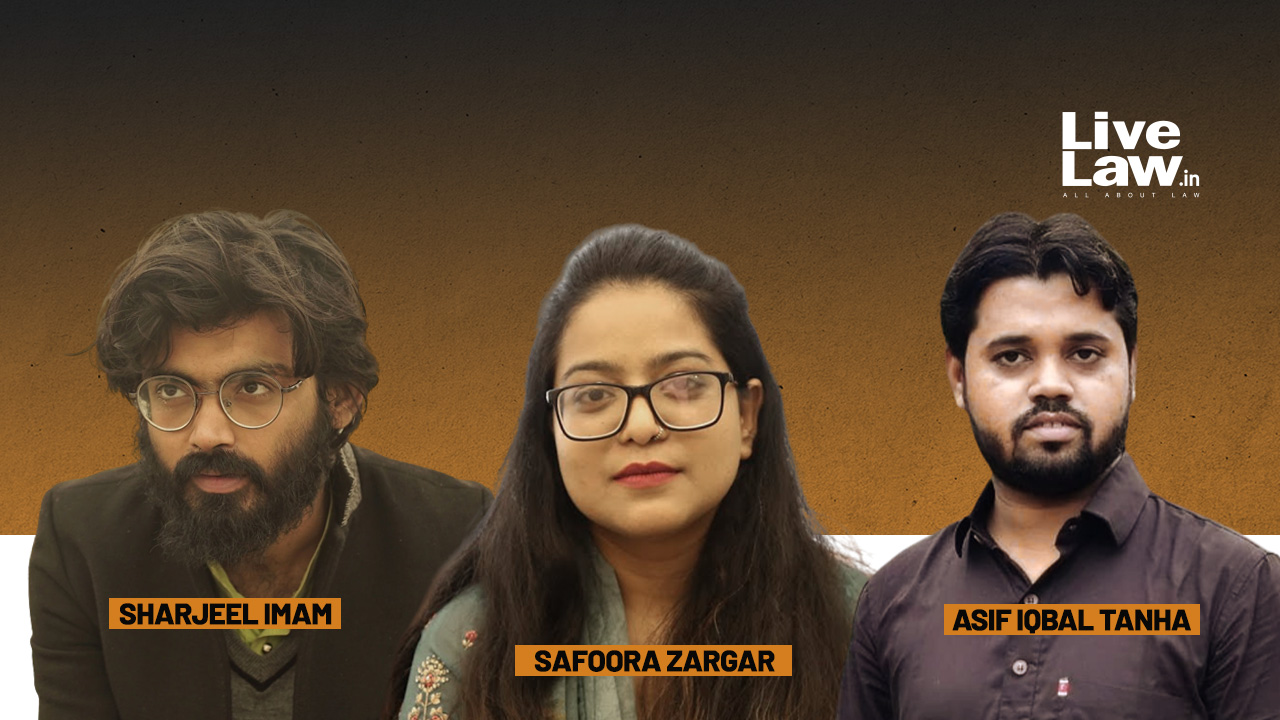The DeepSeek Jolt: The Technological, Economic, and Geopolitical Impact
China's AI Open Source model - DeepSeek R1 has shaken the tech and geopolitical world. It has ramifications in many areas. We have analyzed every aspect of its impact.
The Legal Bytes this week comprise Hate Speech, Continued Injustice, Monopoly fine, Bail rules, Violent protests.


Justice KM Joseph's pathetic bigoted performance in the Supreme Court will go down in the annals of judicial history as the point when the majority of the country signs off its trust in the courts. The courts are no longer interested in Hate Speech. They are interested ONLY in Hate Speech against everyone but Hindus. That is not law. That is targeting. That is not justice. That is persecution. By the Courts. For the fancy idea of dispensing equality. An equality that is in its construction from ground up inherently unequal.
And worse, there is no one listening. The very voice of those persecuted by these moral busybodies is an affront.
Gaslighting is the order of the day.
Read this powerful voice by Nupur Sharma.

Also please listen to the inimitable Anand Ranganathan.
This entire hate speech debate in the Supreme Court is puerile and reeks of hypocrisy and cowardice. Who decides what is hate speech?
— Anand Ranganathan (@ARanganathan72) March 30, 2023
Here, I dare milords to answer a simple question: is reciting in public the verse that claims ‘Hindus are the worst of creatures’ hate speech? pic.twitter.com/l7DEshyGEm
If the courts want they can provide justice to those who have been hurt and tortured under their watch and with active delinquency on their part. For 8 years, Lt Col Purohit was held and tortured without any indictment or evidence. Yet, the Supreme Court - instead of being sorry for such gross injustice - will not even discharge a case that has not presented any evidence that can be used for conviction!

The National Company Law Appellate Tribunal (NCLAT) upheld the Competition Commission of India’s (CCI) order imposing a penalty of Rs 1,337.76 crore on Google for abusing its dominant position in Android. The NCLAT ordered the tech giant to pay the fine and implement the order within 30 days. NCLAT stated that CCI’s investigation into Google did not violate principles of natural justice. The two-member bench of NCLAT, consisting of Chairperson Justice Ashok Bhushan and Member Alok Shrivastava, rejected the argument that CCI order on Google is "replete with confirmation bias". The NCLAT bench made some modifications to the CCI order and gave partial relief to Alphabet Inc's Google by setting aside four of the CCI directives in the case related to abuse of its dominant position in Android.
Which is strange. So the court agreed that Google should pay the fine for the abuse, but won't go ahead and push it for a remedy. Why?
Supreme Court is worried that the current law of the land, if implemented, would hurt their own sensibility. Now, that is one heck of a place to be in for the judiciary!

Check this newsletter we shared on the rules of the bail and how the courts look at it. Practical caveat is that it works for influential criminals of the type that courts like. Others - poor, weak and without any godfather - are languishing in the jails.

The Delhi High Court has framed charges of rioting and unlawful assembly against Sharjeel Imam, Safoora Zargar, Asif Iqbal Tanha, and eight others in the 2019 Jamia violence case. The court observed that violent protest can never be part of democracy. While dissent cannot be suppressed in a democracy, and everyone has the fundamental right to express themselves peacefully, violent collective action has no place in expressing ideological differences or resistance to government policy. Justice Swarana Kanta Sharma made this observation. The court examined the video of the protest on record and found that the acts of resistance presented by the accused were not peaceful, but rather violent and turned into riots.
